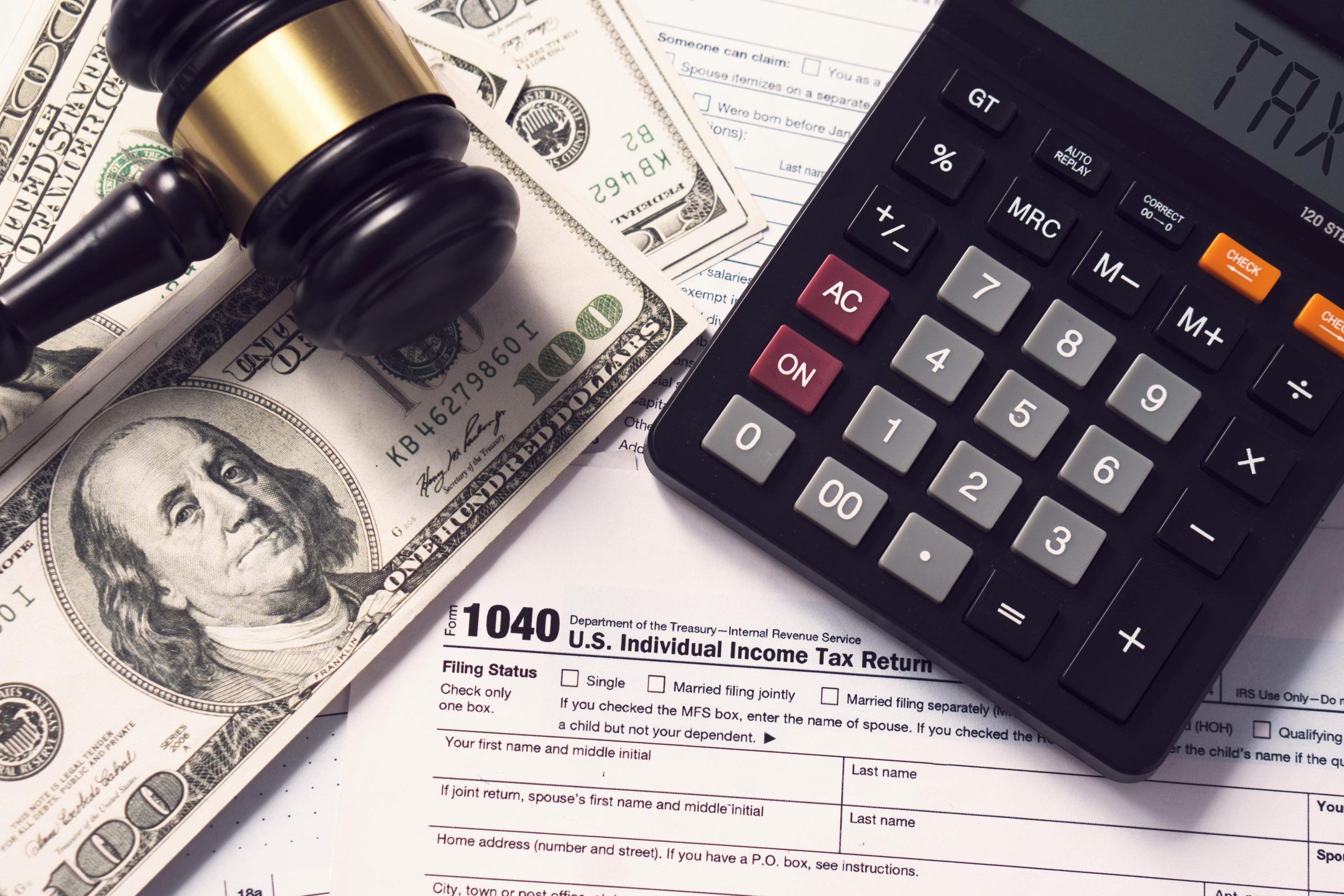Rocco Steco, the Acting Director for Collection Policy at the IRS, shared several updates in a recent interview with a tax attorney. Here are the key points for taxpayers:
- The streamlined agreement for balances up to $250,000, which can be paid over the remaining period of the collection statute expiration date (CSED), is now a permanent option. However, it remains uncertain whether this option will be extended to include field collections, as Steco appears to be against such an expansion.
- The change in short-term installment agreements from 120 days to 180 days is also permanent, providing taxpayers with more time to settle their debts without defaulting on agreements.
- The IRS will persist in incorporating new balances into active installment agreements instead of treating them as defaults, thus preventing automatic enforcement actions.
- Flexibility in payment terms will continue to be a priority for the Offer in Compromise (OIC) Unit. Taxpayers can pay 20% upfront with their lump-sum offers, with the remaining balance due within five months of acceptance. If a taxpayer faces difficulties meeting this timeline, the specialist has the discretion to grant an extension, although the length of this extension is not specified.
- Revenue Officers (ROs) handling collections in the field are encouraged to assess the validity of Employee Retention Credit (ERC) claims judiciously. If such claims seem legitimate, officers are instructed to exercise flexibility, potentially deferring collections if the credits are expected to satisfy the outstanding balance or setting up an installment agreement based on the anticipated remaining balance after the credits are applied. It’s important to note that ROs may request documentation to substantiate ERC claims to ensure eligibility criteria are met.
- Surprise home or business visits by ROs have largely ceased, with the exception of rare cases. Nevertheless, ROs may still perform drive-by observations and engage in discussions with taxpayers if encountered. They are also permitted to initiate scheduled meetings with taxpayers and their representatives, avoiding unexpected visits for safety reasons.
- Regarding automated enforcement, the regular collection and enforcement procedures will proceed for tax returns filed in 2022. For prior unpaid balances, the IRS will send out soft reminder notices progressively until the end of the year, followed by enforcement actions. While no precise start date for these actions was provided, Steco indicated they would begin “soon,” signaling the IRS’s eagerness to resume its enforcement activities.

